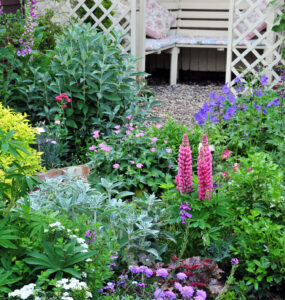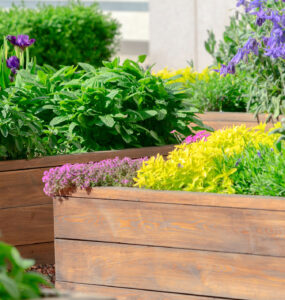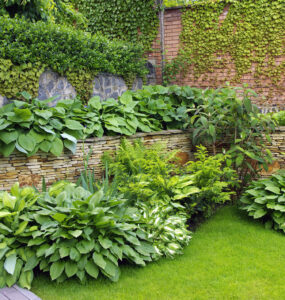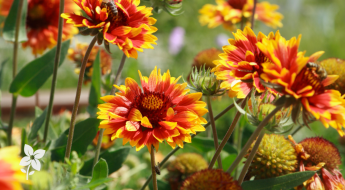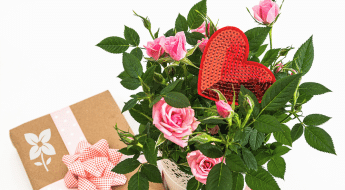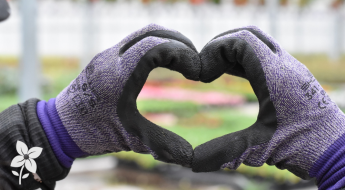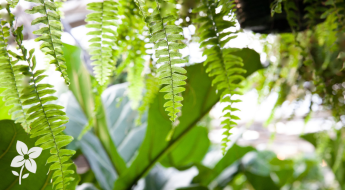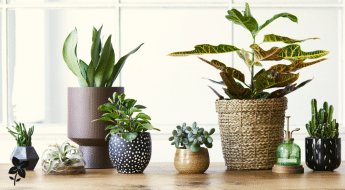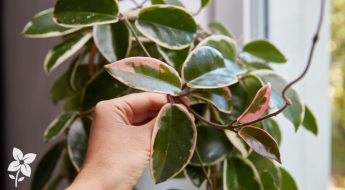
Vinegar: Garden Cure-All or just Salad Dressing?
by Rob Sproule
With 2 small kids and an aversion to chemicals, I love vinegar in home. In most cases, a spray bottle with 1:1 vinegar to water does the cleaning trick. It’s our go-to family clean and we buy it in bulk at Costco.
Home uses aside, not a day goes by when I don’t hear someone rave about it in the garden. I did some myth-busting and here is what I found.
Is it a Herbicide?
For those wondering if vinegar is the miracle weed killer it’s said to be, the answer is a resounding soft-of. Vinegar contains acetic acid, which, as the name suggests, burns holes in soft tissue. If you’ve ever taken a deep sniff of a bottle of vinegar, you’ll remember how it feels on the mucous membranes in your nose.
Household vinegar is 5% acetic acid. Horticultural grade vinegar, which is between 11 and 20%, is where things get serious (it may not say vinegar, but look for acetic acid as the active ingredient). No deep sniffs of those bottles. Pouring it over plants dissolves the leaves’ membranes and typically wipes out all above ground tissue.
Horticultural vinegar will kill leafy, young weeds on contact. Established, perennials weeds with deep roots (like Canada thistle) will die back but typically regenerate from the roots. Unfortunately getting rid of the worst noxious weeds just isn’t that simple.
It’s non-selective, and will burn any tissue it comes into contact with. Wear gloves, because that can include you. Keep it away from your veggies and flowers. The best place to use it is sidewalk cracks or large areas you want to wipe out (ie. use it the same way you’d otherwise use a chemical product like “˜Round-Up’).
Is it a Fertilizer?
No. I have no idea how we thought a herbicide could also be a fertilizer, but I know people who insist on its potency. Unfortunately there’s absolutely no scientific evidence to back that up. The only ingredients to acetic acid are carbon, hydrogen, and oxygen, all of which plants pluck out of the air on their own.
Splashing a little on diseased leaves doesn’t take the disease away, either. It may kill the plant, which I suppose technically kills the disease, but I don’t recommend it.
Hidden Benefits
Vinegar has benefits other than weed killer in the garden. Decades of trial and error have yielding some unexpected other uses.
A little vinegar (2 teaspoons with 1 teaspoon sugar) per litre of water is rumoured to make fresh flowers last longer. But while flowers like it, cats hate it. Splash some around your flower beds and sand box (but not on the flowers themselves) to keep it from becoming a litter box.
If it stings your nose, imagine what is does to an ant! Splash some on ant hills to give them a heck of a rash. It won’t kill the hill but could persuade them to move to less acidic pastures.
1:1 vinegar and water helps eliminate calcium build up. Stronger vinegar will also clean the rust off tools (but wear gloves, because if it does that to rust you probably don’t want it on your skin).
Slightly distilled vinegar (or full strength if you wanna make an example of them) kills slugs on contact.

